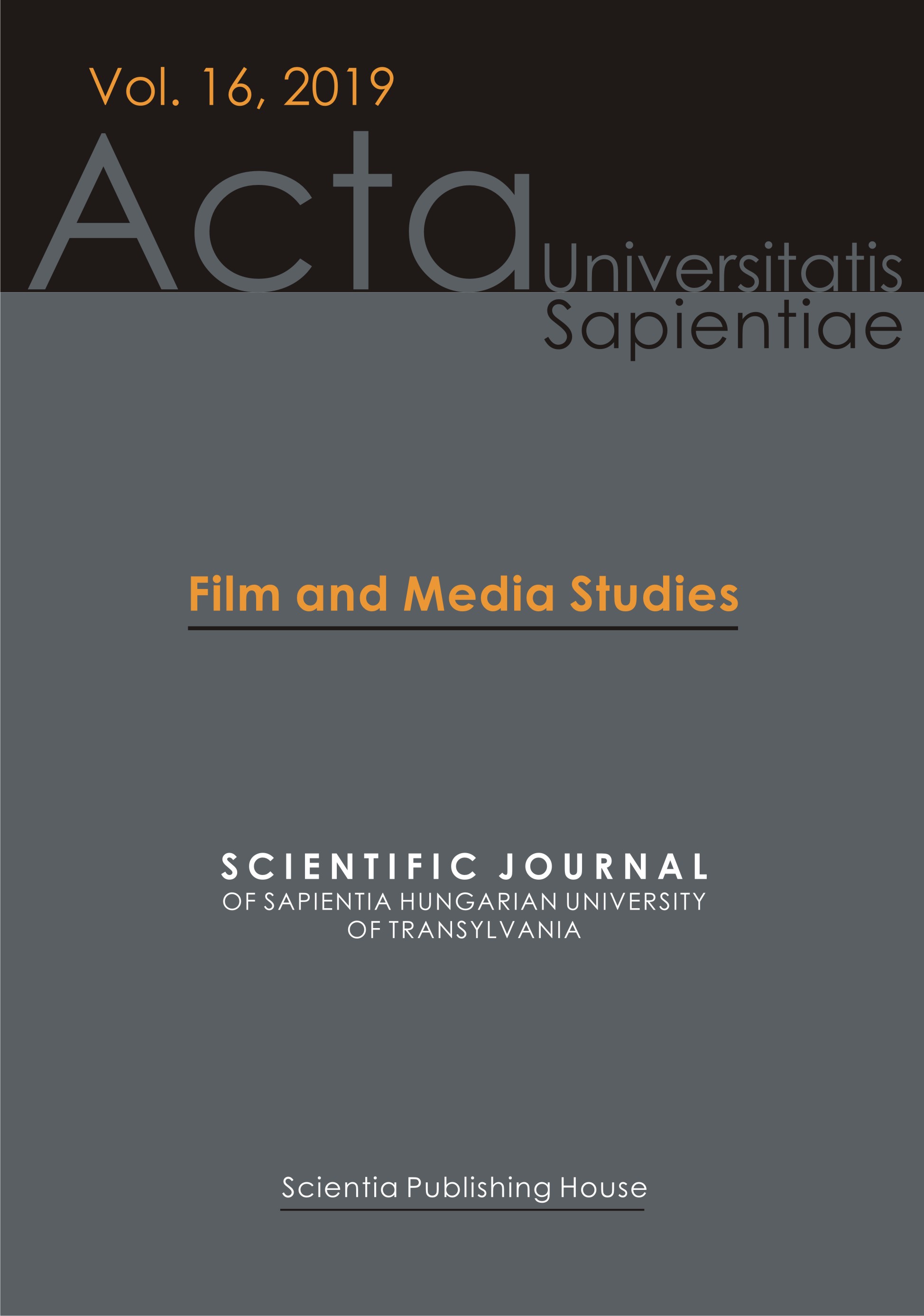Last Year at Mulholland Drive: Ambiguous Framings and Framing Ambiguities
Last Year at Mulholland Drive: Ambiguous Framings and Framing Ambiguities
Author(s): Steven Willemsen, Miklós KissSubject(s): Fine Arts / Performing Arts, Film / Cinema / Cinematography
Published by: Scientia Kiadó
Keywords: narrative complexity; framing; puzzle film; art-cinema; David Lynch; Mulholland Drive
Summary/Abstract: This article proposes a cognitive-narratological perspective on David Lynch’s Mulholland Drive (2001) and the numerous contrasting interpretations that this film has generated. Rather than offering an(other) interpretation of the film, we aim to investigate some of the reasons why Lynch’s highly complex narrative has gained a cult – if not classic – status in recent film history. To explain the striking variety of (often conflicting) interpretations and responses that the film has evoked, we analyse its complex narrative in terms of its cognitive effects. Our hypothesis is that part of Mulholland Drive’s attractiveness arises from a cognitive oscillation that the film allows between profoundly differing, but potentially equally valid interpretive framings of its enigmatic story: as a perplexing but enticing puzzle, sustained by (post-)classical cues in its narration, and as an art-cinematic experience that builds on elements from experimental, surrealist, or other film- and art-historical traditions. The urge to narrativize Mulholland Drive, we argue, is driven by a distinct cognitive hesitation between these conflicting arrays of meaning making. As such, the film has been trailblazing with regards to contemporary cinema, setting stage for the current trend of what critics and scholars have called complex cinema or puzzle films.
Journal: Acta Universitatis Sapientiae, Film and Media Studies
- Issue Year: 2019
- Issue No: 16
- Page Range: 129-152
- Page Count: 24
- Language: English

